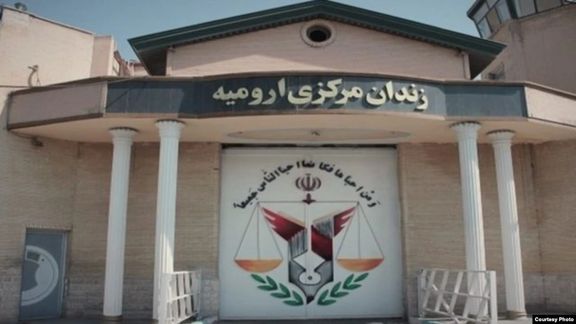The prisoners, who are detained in the covert prison cells at Urmia Central Prison in West Azerbaijan Province, say they were "illegally" transferred to these cells as a form of "punishment."
In a letter addressed to the head of the Iran Prisons Organization and international human rights groups, they describe the cells as so overcrowded that it is impossible for them to sleep.
About 20 prisoners from the “regular” ward and 19 prisoners from the “hidden” prison ward collaborated to write the letter.
Some prisoners have reportedly been confined in these cramped 30-square-meter blocks for six months, with their families uninformed about their conditions and no officials visiting these wards.
The letter also stated that prisoners who protest their conditions are "tortured" and denied medical treatment. The prisoners demanded a visit from an official and expressed their deep despair, stating, "We are disappointed with life and even see our comfort in death."
In February, over 800 prisoners at Urmia Central Prison called for the removal of the prison's chief, alleging mistreatment had contributed to the increase in suicide incidents.
According to Amnesty International, prisoners in Iran are “subjected to cruel and inhuman conditions, including extreme overcrowding, unsanitary conditions, poor ventilation, infestation with mice or insects, and poor or no access to bedding, toilet and washing facilities.”
Often, prison officials and prosecution authorities intentionally deny prisoners adequate medical treatment, including for injuries sustained during torture.
In 2021, a hacktivist group calling itself Edalat-e Ali (Ali's Justice) leaked videos and confidential documents allegedly exposing the systematic mistreatment of inmates in Iranian prisons.








